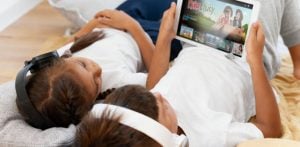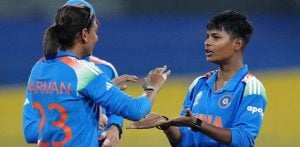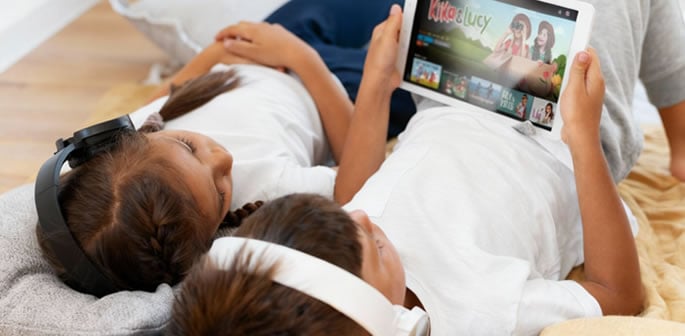"associated with lower reading and maths achievement"
A study suggests that children who spend a lot of time on screens perform worse in reading and maths tests.
The research, conducted in Canada, has prompted calls for action to reduce pupils’ screen time and improve academic performance.
More than 5,000 children took part. The study included 3,300 nine-year-olds, equivalent to Year 4 in Britain, and 2,000 12-year-olds, equivalent to Year 7.
Researchers from The Hospital for Sick Children in Toronto collected information on screen time, TV and digital media, and video game use through parent questionnaires. These were compared with scores from standardised reading, writing, and maths tests.
The team found each additional hour of screen time was linked to 9% lower odds of achieving high grades in reading and maths for younger pupils. For older pupils, the figure was 10%.
Higher TV time was also associated with lower achievement in reading and maths among younger children, and lower maths scores among older pupils.
Video game use was linked to lower reading scores in the younger group.
Researchers wrote: “High levels of early total screen time, and TV and digital media time, were associated with lower reading and maths achievement in elementary school.
“Our findings underscore the importance of developing and testing targeted early guidelines and interventions to reduce screen time and TV and digital media exposure, with the goal of improving academic achievement in elementary school.”
However, other experts urged caution when interpreting the results.
Chris Ferguson, professor of psychology at Stetson University in Florida, said:
“Many studies, including studies of higher quality than this one, have found no evidence that screen time influences school outcomes, so we need to look at the totality of evidence.
“Put simply, this study provides little real evidence for a link between screen time and school performance in youth.”
The topic has also drawn attention from the British royal family.
On October 9, 2025, the Princess of Wales published a personal essay suggesting that reliance on mobile phones is undermining family life and causing an “epidemic of disconnection”.
She wrote that reduced human connection is raising a generation that is “more isolated, more lonely, and less equipped to form the warm, meaningful relationships” that underpin a happy, healthy life.
The Duke and Duchess of Sussex also highlighted the risks of technology for children at the Project Healthy Minds gala in New York, where they were named “humanitarians of the year” for their charity work.
The Duke said more needed to be done to protect young people from online dangers. The Duchess added that the couple often discussed how they would safeguard their own children, Prince Archie, six, and Princess Lilibet, four, as they grow older.






























































